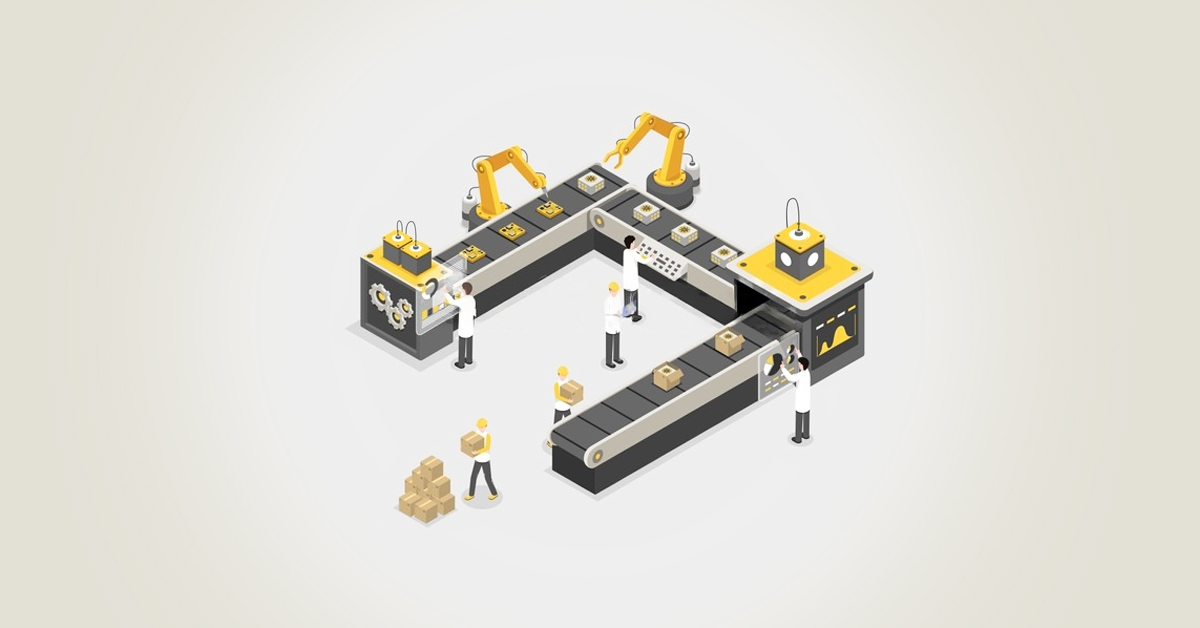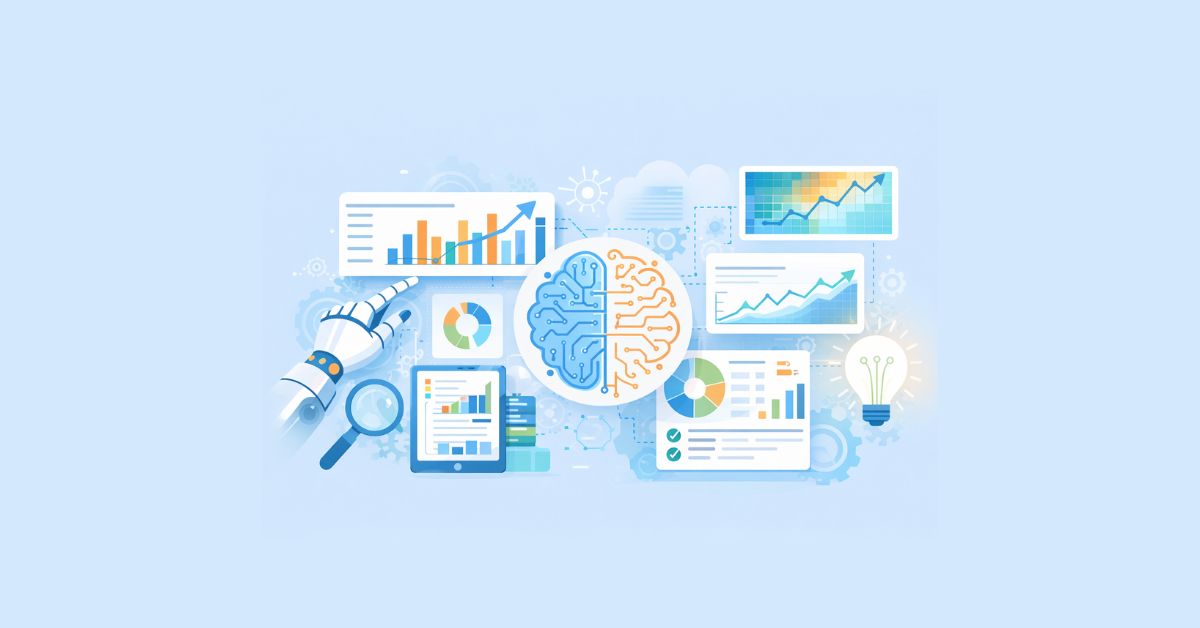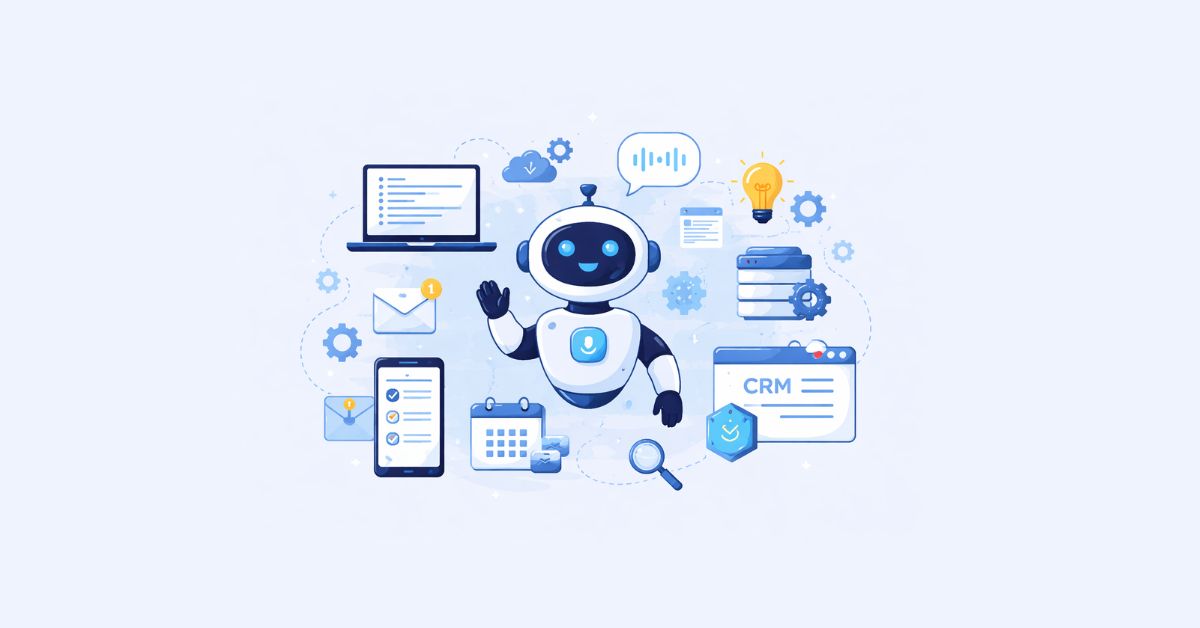The manufacturing industry is undergoing a significant transformation with the integration of artificial intelligence (AI) technologies. AI in manufacturing is revolutionizing traditional processes and offering innovative solutions that enhance efficiency, productivity, and quality. In this article, we will explore several compelling AI use cases in the manufacturing industry, highlighting their benefits and potential applications. With the power of AI, manufacturers can streamline operations, cut down costs, and gain a competitive edge in today’s ever-changing market.
1. Predictive Maintenance
Predictive maintenance is a game-changer use of AI in manufacturing industry, harnessing the power of AI algorithms and real-time data from sensors and machinery. By analyzing this data, manufacturers gain valuable insights into the health and performance of their equipment.
- Utilizes machine learning algorithms and real-time data from sensors and machinery.
- Predicts potential equipment failures before they occur.
- Enables proactive maintenance strategies and optimization of equipment performance.
- Identifies maintenance needs in advance, minimizing disruptions and extending machinery lifespan.
2. Quality Control and Inspection
In the competitive landscape of manufacturing, delivering high-quality products is essential. Visual inspection systems that employ Artificial Intelligence usage ensure top-notch product quality and minimum defects with automated solutions.
- AI-based visual inspection systems utilize computer vision and machine learning algorithms.
- Detects defects, anomalies, and inconsistencies in products and manufacturing processes.
- Analyzes images or videos of products with remarkable accuracy and speed.
- Ensures high-quality products, reduces rework, and improves customer satisfaction.
3. Supply Chain Optimization
Supply chain optimization lies at the heart of efficient manufacturing operations, and AI is a key driver in achieving this optimization. By harnessing the power of AI for manufacturing, organizations can gain valuable insights into demand patterns, inventory levels, logistics operations, and market trends.
- AI analyzes vast amounts of data related to demand, inventory, logistics, and market trends.
- Generates insights and makes intelligent decisions to optimize the supply chain.
- Predicts demand more accurately, optimizes inventory levels, and streamlines logistics operations.
- Enhances supply chain visibility, responsiveness, and resource allocation.
Execute Your AI Automation Project And Grow Your Business
4. Product Design and Optimization
Regarding product design, AI offers manufacturers a world of possibilities. By leveraging generative design algorithms and simulation models powered by AI, engineers can explore a vast array of design options to implement machine learning in manufacturing and evaluate their performance quickly and efficiently.
- AI-powered generative design algorithms and simulation models accelerate innovation.
- Explores a wide range of design possibilities and evaluates performance.
- Reduces time and effort for design iterations and optimizes the product performance.
- Enables customization and faster time-to-market for improved product quality.
5. Autonomous Robotics
Automation has become a cornerstone of modern manufacturing, and AI-driven robotics takes it to new heights. Equipped with AI algorithms, autonomous robots can perform complex tasks with precision, efficiency, and adaptability.
- Robotics has driven by AI-enabled production systems that run automatically with greater operational efficiency.
- Performs complex tasks such as material handling, assembly, and packaging.
- Adapts to changing environments, works alongside human operators, and enhances safety.
- Increases productivity, reduces labor costs, and improves workplace safety.
6. Demand Forecasting and Inventory Management
Accurate demand forecasting and efficient inventory management are crucial for manufacturers to meet customer demands while minimizing costs.
- AI algorithms analyze historical sales data, market trends, and external factors.
- Predicts future demand patterns accurately to optimize inventory levels.
- Reduces excess inventory and avoids stockouts, improving customer satisfaction.
- Minimizes holding costs and obsolescence risks for efficient inventory management.
7. Energy Management and Sustainability
In an era where sustainability is a global priority, AI plays a vital role in energy management for manufacturers.
- AI analyzes data from sensors and connected devices for energy optimization.
- Identifies energy consumption patterns, detects anomalies, and suggests optimization strategies.
- Reduces energy waste, lowers operating costs, and contributes to environmental sustainability.
Conclusion:
The manufacturing industry is embracing the power of AI to transform operations and drive innovation. From predictive maintenance and quality control to supply chain optimization, product design, autonomous robotics, demand forecasting, and energy management, AI offers a multitude of use cases that enhance efficiency, productivity, and sustainability. By leveraging AI technologies, manufacturers can optimize processes, reduce costs, improve product quality, and stay ahead in an increasingly competitive market. Embrace the opportunities presented by artificial intelligence in manufacturing industry and unlock new possibilities for your business’s success.
Ready to unlock the potential of AI in your manufacturing operations? Discover how AI can revolutionize your processes, improve efficiency, and drive growth. Contact our experts today for a personalized consultation.
Frequently Asked Questions (FAQs):
Predictive maintenance utilizes AI algorithms to analyze real-time data from sensors and machinery, predicting potential equipment failures. This enables proactive maintenance and minimizes unplanned downtime, improving overall equipment reliability and operational efficiency.
AI-based visual inspection systems can detect defects and anomalies in products or manufacturing processes, ensuring high-quality products, reducing rework, and improving customer satisfaction. This leads to increased brand reputation and decreased warranty costs.
AI analyzes vast amounts of data to predict demand, optimize inventory levels, streamline logistics operations, and improve supply chain visibility and responsiveness. By doing so, it enables manufacturers to minimize stockouts, reduce excess inventory, and enhance customer service levels. A combination of these use cases of AI in industry will lead to greater efficiency and reduced wastage over time, at the same time improving profits and throughput.
AI-powered generative design algorithms and simulation models enable engineers to explore multiple design possibilities, optimize product performance, and customize offerings to meet specific customer requirements. This leads to faster innovation, improved product functionality, and increased customer satisfaction.
AI-powered robotics automates complex tasks, enhances operational efficiency, and improves workplace safety by adapting to changing environments and automating hazardous or repetitive tasks. This results in increased production throughput, reduced errors, and a safer working environment for employees.








